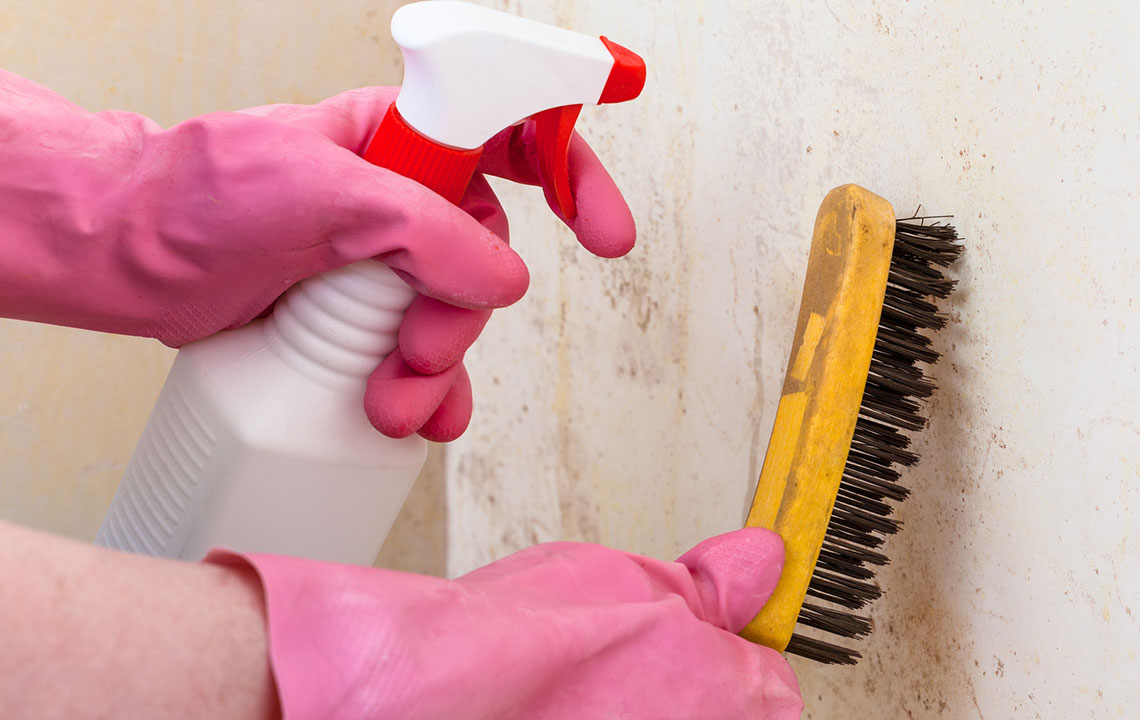3 natural ways to remove mold
It’s quite common to find mold and mildew in your house, especially if you live in a place with a humid environment. Though it is always in your best interest to get rid of such infestation before it triggers an allergic reaction, most people will use harsh chemicals to remove mold, which might not be an apt choice, particularly if you have children and pets at home.
Thankfully, there are multiple natural ways of mold removal besides bleach and borax.

Vinegar
To subdue the pungent odor of vinegar, you can dilute it with water, but it will be more effective if you use it in its concentrated form. Also, the smell will wear off in a few hours. You can fill it up in a spray bottle and spray the affected areas. For the solution to work, leave it on for a few hours and then scrub it off with a brush. If the odor of vinegar is too strong for you, you can add a few drops of essential oil. Some studies conclude that white vinegar can help kill 82% of the mold spores. It also helps to prevent the mold from returning if you regularly spray it in areas that seem vulnerable to its attack.
Tea tree oil
Tea tree oil is another eco-friendly mold removal solution that you must try for your house. It is a little expensive but also highly effective. Just two teaspoons of tea tree oil mixed with two cups of water is enough to beat the mold. Spray this concoction on the mold spores, but don’t wipe or rinse it. It will begin to die after a few hours. Like vinegar, tea tree oil also has a strong smell that takes a couple of days to go away.
Baking soda
You can use baking soda with vinegar diluted in water or with just water to remove mold from the house. Pour the mixture in a spray bottle and spray the affected places. Let it sit for a few hours and then scrub it with a damp cloth. As compared to the other solutions, baking soda won’t bother you with a pungent odor.


